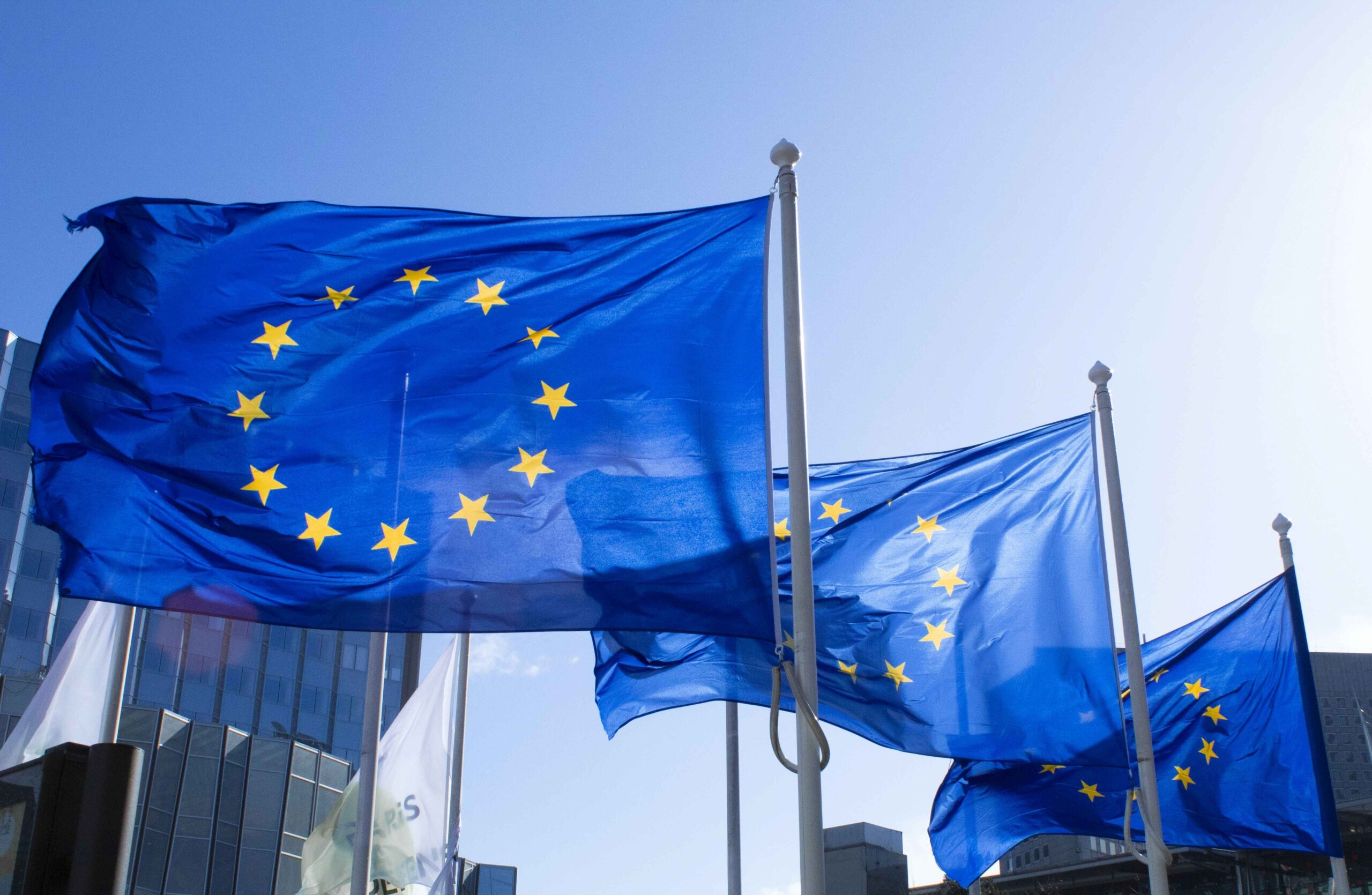The European Union (EU) has stated that there is still room for mediation efforts in Niger, despite the lack of progress made by the Economic Community of West African States (ECOWAS) and the United States in engaging with the country’s new rulers.
The EU’s position was announced by European Commission spokesman Peter Stano during a press conference in Brussels on Tuesday. Stano emphasized the importance of the upcoming ECOWAS regional summit, which will consider various options, including military intervention.
“At this stage, the European Union still believes that there is room for a mediation effort. It is crucial to bear in mind the extraordinary meeting of ECOWAS,” said Stano. “ECOWAS is the main regional actor in this situation, and whatever they decide will be implemented. The European Union fully supports the decisions and efforts of ECOWAS in finding a solution.”
ECOWAS had set a deadline for the mutinous soldiers in Niger to release and reinstate President Mohamed Bazoum before Sunday, or face the possibility of military action. However, it remains uncertain how ECOWAS leaders will proceed, as there have been no indications of a military build-up on Niger’s border with Nigeria, the likely point of entry for any intervention.
In addition to the economic blockade imposed by ECOWAS, numerous countries and international organizations have expressed concerns over providing financial aid to Niger. France, accompanied by Germany, was among the first countries to suspend its official development assistance.
“All activities, including financial assistance, civilian missions, and cooperation in security issues, are currently suspended. Basically, we are not collaborating with the current illegitimate authorities in Niger,” added the European Commission spokesperson.
The situation in Niger has raised global alarm, with many nations calling for a peaceful resolution. The EU’s stance on the possibility of mediation reflects the cautious yet diplomatic approach being taken by international actors.
Experts suggest that mediation could still be a viable solution, as it allows for negotiation and could potentially prevent further escalations of violence. However, there is a need for swift action and a united front from ECOWAS and international partners.
Various concerns have been raised about the impact of the political instability in Niger, including the potential for instability to spill over into neighboring countries and exacerbate existing challenges, such as terrorism and humanitarian crises.
It is essential that ECOWAS takes decisive action to restore democratic order in Niger and ensure the well-being of its citizens. The international community, including the EU, stands ready to support ECOWAS in its efforts to find a lasting solution to the crisis.
As the situation in Niger unfolds, diplomacy and mediation remain vital tools in resolving the political impasse and restoring stability to the country. The EU’s belief in the potential for mediation offers a glimmer of hope amidst the uncertainty, as the world waits to see the next steps taken by ECOWAS and its regional partners.
Image Credit: ALEXANDRE LALLEMAND/Unsplash





